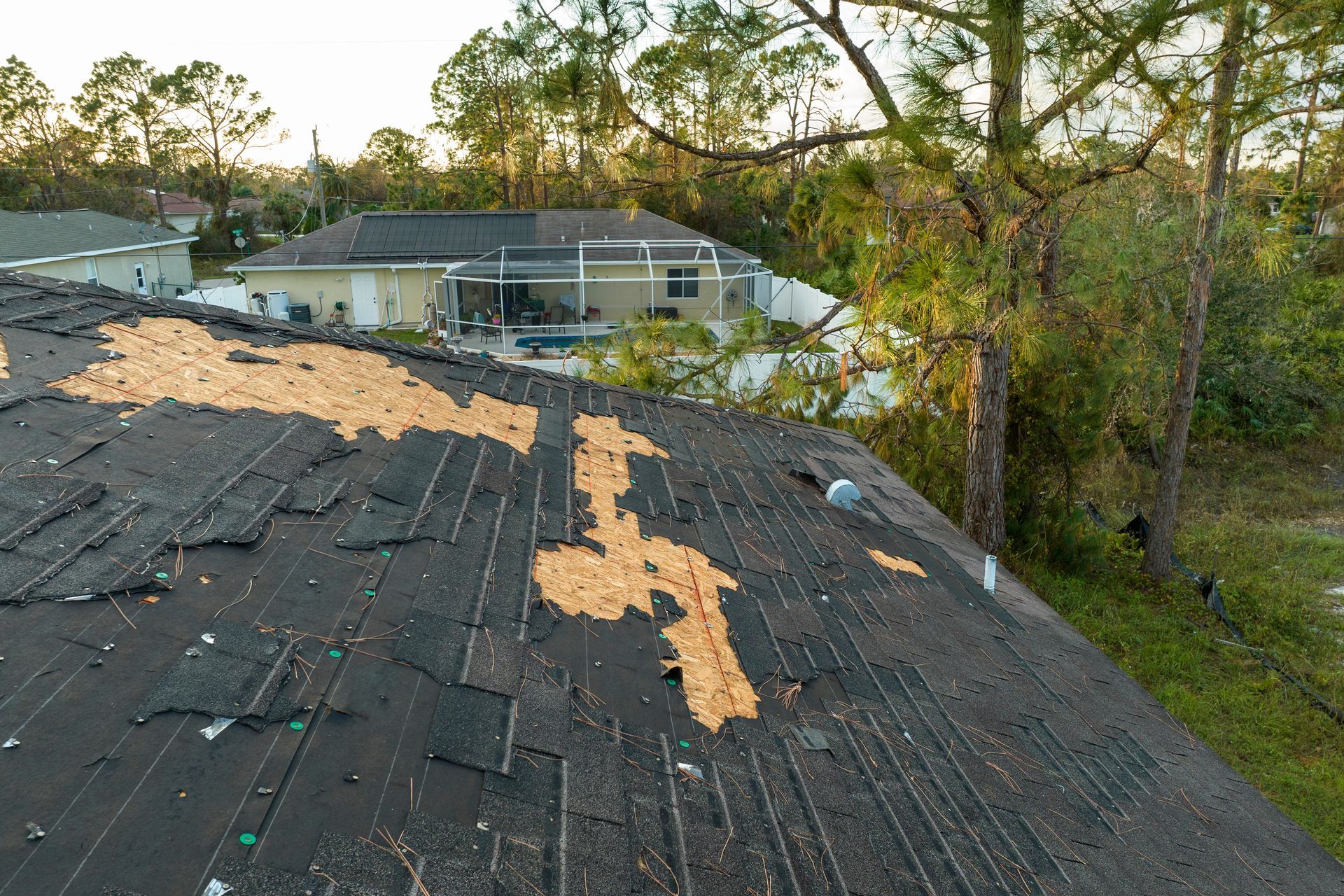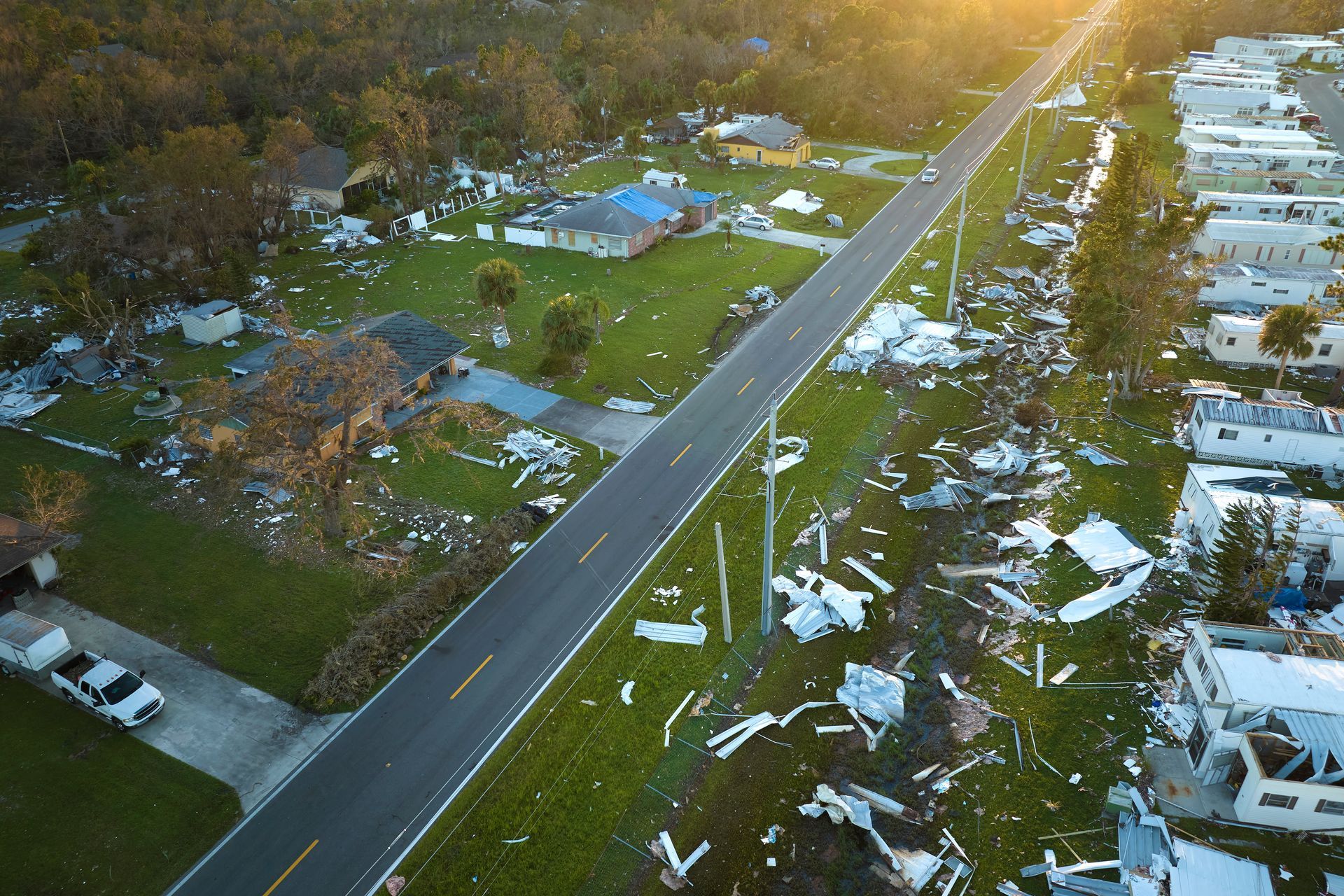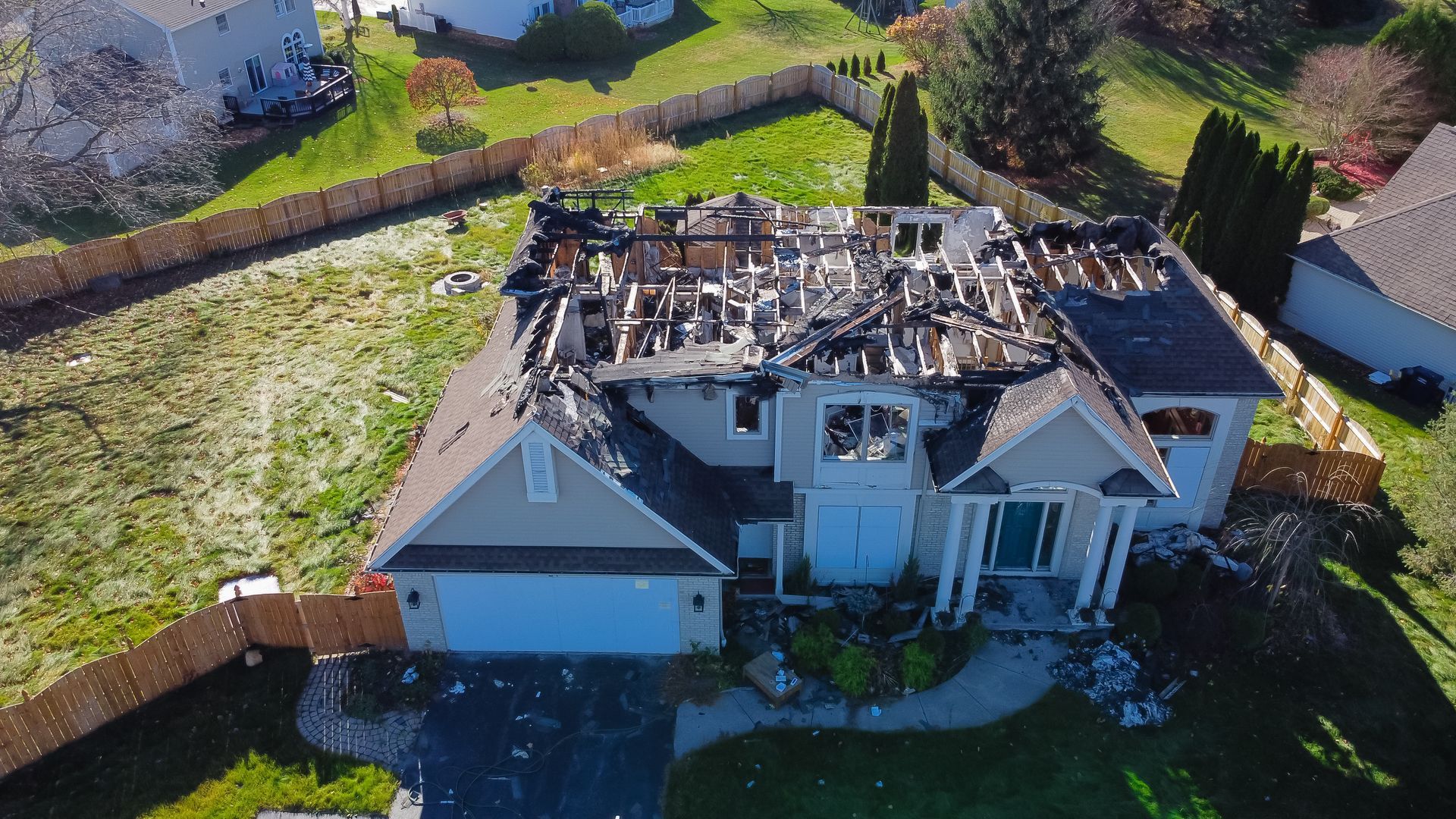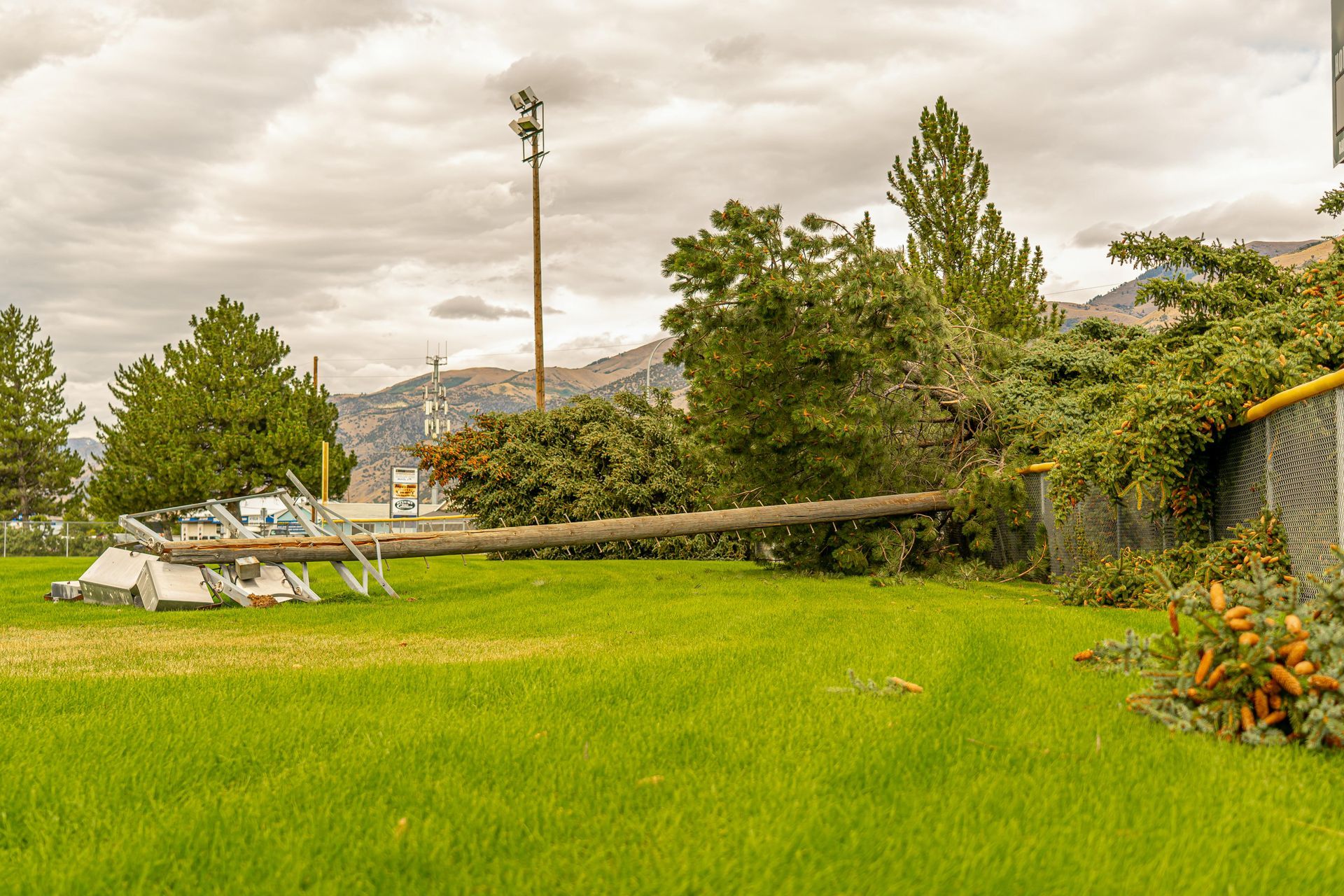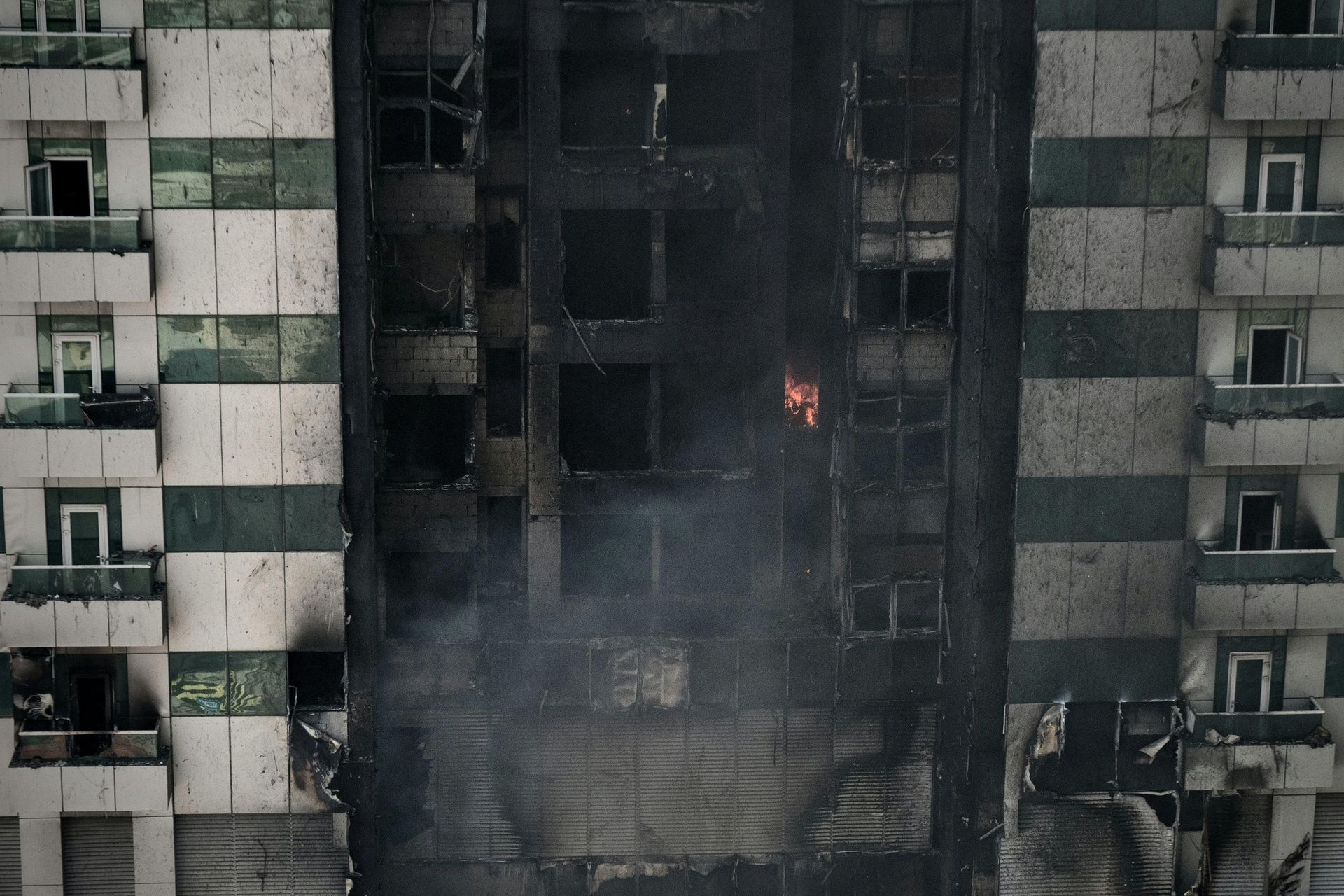Top Reasons Your Water Damage Claim Might Be Rejected or Delayed
When water starts pouring through your ceiling or flooding your basement, the last thing you want is a headache from your insurance company. Unfortunately, water damage insurance claims are some of the most misunderstood and mishandled types of claims out there. Whether it’s from a leaking roof or a burst pipe, homeowners often assume that insurance will automatically cover the damage. But as many find out, that’s not always the case.
Insurance companies have specific policies and fine print that can determine whether your claim is approved or denied. And sometimes, it’s not even about coverage—it’s about how you file, what documentation you provide, and when you take action.
Before you pull your hair out dealing with the adjuster, it’s helpful to understand what can cause your
water damage insurance claim to be delayed or rejected in the first place. Let’s break it down and help you avoid those frustrating roadblocks.
1. Not Knowing What Your Policy Covers
This is one of the top reasons water damage insurance claims go sideways. Many policyholders don’t realize that not all types of water damage are treated the same. For instance, a leaking roof insurance claim might be covered if the leak was caused by sudden storm damage—but not if it’s due to long-term neglect.
Similarly, a burst pipe insurance claim might be covered only if the burst happened unexpectedly, not if the pipe froze because of poor insulation or maintenance neglect.
Here are a few common coverage misunderstandings:
- Gradual damage vs. sudden damage: Insurance typically covers sudden, accidental damage (like a pipe bursting). Slow leaks or gradual deterioration often fall under maintenance issues.
- Sewer backups and flooding: Standard policies often exclude these unless you’ve added specific riders or endorsements.
- Roof leaks: Only covered if the cause is a sudden event, such as storm damage—not routine wear and tear.
Pro tip: Always review your policy before disaster strikes. It’s not the most thrilling read, but it can save you thousands of dollars and a ton of stress later.
2. Delaying the Claim Process
Time is not your friend when it comes to filing a water damage insurance claim. The longer you wait to report the incident, the harder it is to prove what happened—and the more likely your insurer is to question your claim.
Insurance companies expect homeowners to act quickly when water damage occurs. Waiting too long can make the damage worse, which gives insurers an easy excuse to deny or reduce your payout.
Here’s what you should do immediately after discovering water damage:
- Stop the source: If it’s a burst pipe, shut off the water supply right away.
- Take photos and videos: Capture everything before cleanup begins—proof is your best friend.
- Mitigate damage: Do what you can to prevent further harm, like using towels or dehumidifiers.
- Contact your insurer: Report the incident as soon as possible and document your communications.
A little humor to remember it by: Filing late is like trying to turn in a group project the week after graduation—it’s not going to end well.
3. Incomplete or Inaccurate Documentation
If your paperwork is missing details or your photos don’t clearly show the damage, your water damage claim might get stuck in the “pending” pile—or worse, denied.
Insurance companies require clear, accurate evidence to evaluate the extent of damage and determine what’s covered. Without it, they’ll often side with the policy language that works against you.
When filing, make sure to:
- Provide detailed descriptions: Include when you discovered the issue, what caused it, and what immediate steps you took.
- Include before-and-after photos: If possible, show the difference to prove that the damage was sudden.
- Save receipts: For emergency repairs or mitigation costs like water extraction or temporary housing.
- Keep communication logs: Emails, texts, and call records can help if your claim is delayed.
Think of your documentation like a crime scene file—just wetter. The more evidence you have, the easier it is to prove your case.
4. Lack of Proper Maintenance
Here’s a tough truth: insurance companies don’t cover neglect. If they can prove your property wasn’t properly maintained, they can reject your claim without much pushback.
Common maintenance-related reasons for denial include:
- Leaking roofs left unrepaired: Insurers may argue that damage resulted from ongoing neglect, not a sudden event.
- Old plumbing systems: If corrosion or age caused the burst, the insurer might not pay.
- Blocked gutters: Overflowing gutters can cause interior leaks, which may be denied as homeowner negligence.
To avoid this issue, keep a record of regular maintenance, inspections, and repairs. It’s like having a clean report card to show your insurer that you’ve done your homework.
Bottom line: A little routine care goes a long way toward protecting your claim and your home.
5. Miscommunication with Your Insurance Company
Sometimes, claims get delayed not because of lack of coverage but due to simple miscommunication. When homeowners don’t provide updates, follow up, or respond promptly, claims can get pushed to the back burner.
Even worse, something as small as a misinterpreted statement during a phone call can give insurers grounds to minimize your payout. For example, saying “I think it’s been leaking for a while” could shift your claim from “sudden damage” to “gradual damage,” which isn’t covered.
Avoid this by:
- Keeping written records of every conversation
- Confirming important details through email
- Staying consistent in your story
- Being polite but firm—it’s okay to advocate for yourself
Quick tip: Think of your communication with your insurer like texting your boss—you want to be clear, direct, and not leave anything open for misinterpretation.
6. Disagreements Over the Cause of Damage
Sometimes, insurance companies reject water damage claims because they believe the cause isn’t covered under the policy. This is particularly common with leaking roof insurance claims or burst pipe insurance claims.
For instance, if your ceiling collapses due to a storm, you might claim it was caused by wind-driven rain, but the adjuster might argue that poor maintenance was the real culprit. That’s where the tug-of-war begins.
In these cases, having a public adjuster on your side can make a world of difference. They work for you, not the insurance company, and can provide documentation, negotiate on your behalf, and ensure you get the settlement you deserve.
7. Lowball Settlements and the Power of Persistence
Even if your claim isn’t rejected outright, it might come back with an offer that barely covers the cost of repairs. Insurers often hope policyholders accept these lowball settlements out of frustration or exhaustion.
But here’s the secret: you don’t have to accept the first offer.
You can dispute it, provide more documentation, or bring in an independent expert—like a public adjuster—to evaluate the damage. Persistence pays off when you’ve got the evidence to back up your case.
Remember: insurance companies aren’t evil; they’re just businesses that want to minimize costs. It’s your job to make sure they honor your policy to the fullest.
Get Expert Help with Your Water Damage Insurance Claims in Houston, TX
Professional Insurance Claim Assistance You Can Count On
If your water damage claim has been rejected, delayed, or underpaid, don’t stress—Nuclaim, Inc. Public Adjusters is here to help. Our experienced team assists Houston homeowners and businesses with water damage insurance claims, leaking roof insurance claims, and burst pipe insurance claims. We know the ins and outs of the insurance world, and we’re ready to make sure your case gets the attention and compensation it deserves.
We also handle a wide range of other services, including fire and smoke damage claims,
storm damage insurance claims, hurricane damage claims, and Insurance Dispute Resolution. Call our Houston office today at
(713) 999-2529 for professional assistance and peace of mind after property damage.
FAQ
How long does it take to process a water damage insurance claim?
Most claims take between two to six weeks, depending on complexity and communication speed. Delays often occur when documentation is incomplete or when the cause of damage is disputed.
Will my insurance cover a roof leak?
It depends on the cause. If the leak resulted from a sudden storm or accidental damage, it’s typically covered. However, if it’s due to neglect or aging materials, it might be denied.
What should I do right after a burst pipe?
Shut off your main water valve immediately, document the damage with photos, and contact your insurance provider. Then, call a professional to fix the issue and prevent further damage.
Can I reopen a denied claim?
Yes. If your water damage claim was denied unfairly, you can appeal. A public adjuster can review your case, gather evidence, and help you challenge the insurer’s decision.
How can a public adjuster help with my water damage claim?
Public adjusters represent your interests, not the insurer’s. They evaluate damage, handle documentation, and negotiate with the insurance company to ensure you get a fair settlement.


